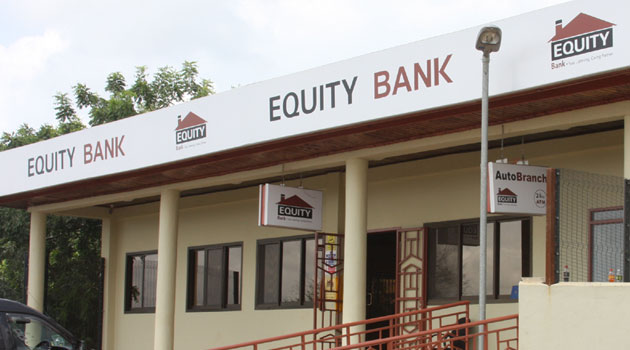
KBA urges govt to reconsider proposed VAT on financial transactions » Capital News
NAIROBI, Kenya, May 17 – The Kenya Bankers Association (KBA) is urging the government to reconsider the proposed 16 percent Value Added Tax (VAT) on financial transactions.
In a statement, the association’s Chief Executive Officer (CEO) Raimond Molenje stated that bank charges are not payments but cost recovery.
He stated that “since banks are not delivering any goods to customers, bank charges are not considered VATable. Kenya has, until now, held this principle to be true!”
“Surprisingly, the Finance Bill 2024 introduces VAT on various financial services, including issuing credit and debit cards, telegraphic money transfers, foreign exchange transactions, cheque handling, and more,” he said.
He pointed out that the increased cost of banking to customers will hamper financial inclusion efforts, particularly affecting low-income individuals and small businesses.
“Coupled with Excise Duty, the total taxation on financial services would reach 40 percent, from the current 15% (excise duty only), significantly impacting affordability and accessibility.”
He explained that with regard to foreign exchange transactions, the proposed VAT will widen the margin charged on FX transactions.
“This poses risks to economic growth by taxing export proceeds and hindering the competitiveness of Kenyan products, adversely affecting foreign investments in the country, reversing the recovery of the tourism industry, with long-term economic impact. It could further threaten the stability of our foreign currency reserves and undermine efforts to strengthen the Kenya shilling,” he said.
He stated that VAT application on FX transactions would also result in increased costs, including fuel prices, reversing efforts and progress made in stabilizing the cost of living.
While expressing KBA’s support on government efforts to boost revenue collection to meet the many demands of our developing nation he emphasised the need for a balanced approach to taxation that supports public services and economic development.
